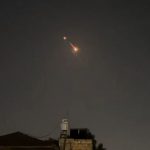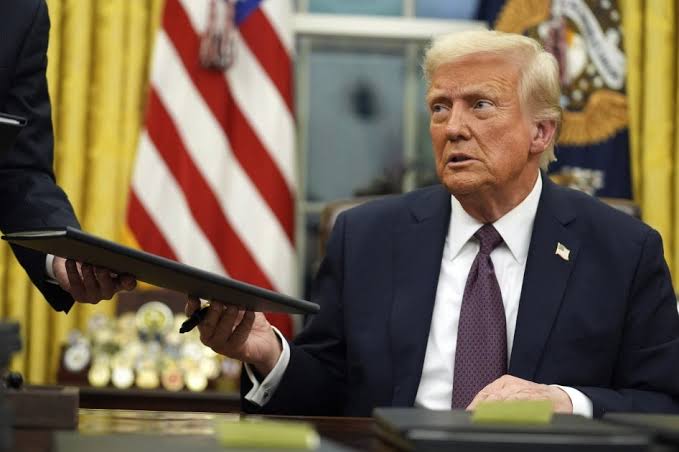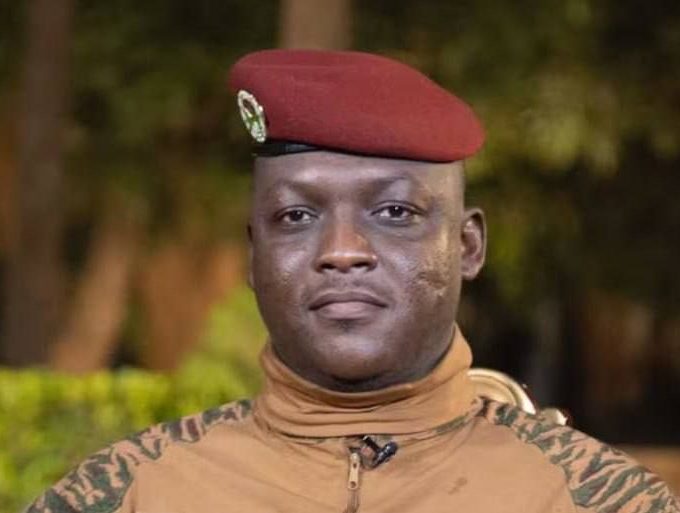
Israel Army Reports Over 300 Drones and Missiles Launched from Iran

According to an Israeli army spokesperson, Rear Admiral Daniel Hagari, during a televised address on Sunday, Iran launched over 300 drones and missiles towards Israel in an unprecedented attack overnight, resulting in at least 12 injuries.
“Last night Iran fired over 300 ballistic missiles, UAVs, and cruise missiles towards Israel,” he stated, updating an initial estimate of over 200 launches.
Hagari specified that out of these, 170 drones and 30 cruise missiles were deployed, none of which breached Israeli airspace. Additionally, 110 ballistic missiles were fired, with only a few reaching Israeli territory.
In a separate statement, the Israeli military reported identifying “dozens of surface-to-surface missile launches,” most of which were intercepted before reaching Israeli territory.
Among those injured was a seven-year-old girl from a Bedouin community near Arad, currently in intensive care, according to the medical centre treating her.
Meanwhile, later on Sunday, leaders from the G7 nations, including the United States, Japan, Germany, France, Britain, Italy, and Canada, will meet via video conference to address the Iranian strikes on Israel, as announced by Italy, which currently holds the G7 presidency.
Italian Prime Minister Giorgia Meloni condemned the attack, expressing concern about the region’s destabilisation.
This operation marked the first direct military assault by Iran on Israeli territory.
Over the last two weeks, Iranian authorities repeatedly vowed to “punish” Israel after the death of seven Guards, including two generals of the Quds Force, in an attack that levelled the Iranian consulate in Damascus on April 1.
Italian Foreign Minister Antonio Tajani said:
We are working to avoid a still more severe military crisis. The G7 will send messages to Israel — the greatest prudence is necessary to ensure the situation does not get worse — last night’s Iranian retaliation can set off a dangerous spiral,” Tajani told broadcaster Rai3.
About The Author
Related Articles
Iran’s Strikes on U.S. Bases Expose the Hidden Dangers of Hosting Western Troops — A Warning for Africa as Leaders Like Tinubu Expand U.S. Military Presence
The recent escalation in military tensions between the United States and Iran...
ByWest Africa WeeklyMarch 5, 2026What Do Countries Targeted by the United States Have in Common?
Look at the list. Iran, Palestine, Venezuela, Syria, Iraq, Nigeria, Somalia, Yemen....
ByWest Africa WeeklyMarch 4, 2026Three Doctors Suspended as Medical Council Probes Death of Chimamanda Adichie’s Son
Nigeria’s medical regulatory authority has taken the rare and serious step of...
ByWest Africa WeeklyMarch 4, 2026Night Gunfire Near Presidential Palace Sparks Tension in Ouagadougou
Gunshots were heard late on the night of February 28 into March...
ByWest Africa WeeklyMarch 3, 2026










